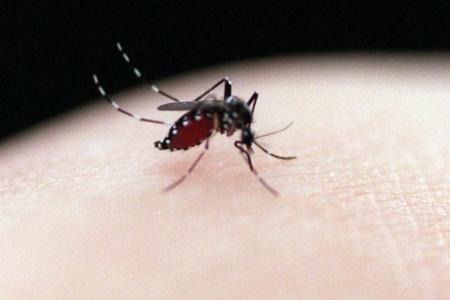Project Wolbachia to half of all households in Singapore
The National Environment Agency will expand Project Wolbachia to reach 800,000 households, or half of all households in Singapore, by 2026.
NEA has been studying Wolbachia technology for the last 10 years, and piloted field studies since 2016. All studies conducted have shown promising outcomes.
The Aedes aegypti population at the study sites has reduced by 80-90 per cent.
Studies have also shown that the impact of Wolbachia-Aedes mosquito releases extends beyond the immediate release zones. Residents in adjacent areas were found to be 45 per cent less likely to contract dengue compared to those with no releases.
The production of Wolbachia-Aedes mosquitoes is currently met by two separate facilities managed by NEA and Verily Life Sciences.
Besides increasing production capacity at existing facilities, a third facility will be developed to supplement the overall capacity.
The Wolbachia suppression technology has been developed to reduce the urban Aedes aegypti mosquito population and lower the risk of dengue transmission.
In 2025, NEA will study if the technology can curtail the growth of existing transmission in large dengue clusters.
Wolbachia-Aedes mosquitoes will be deployed at selected fast growing-large clusters to supplement traditional dengue cluster control operations.
Information on releases will be made available via posters at lift lobbies and the NEA website.
Get The New Paper on your phone with the free TNP app. Download from the Apple App Store or Google Play Store now



